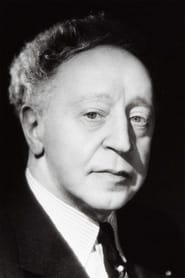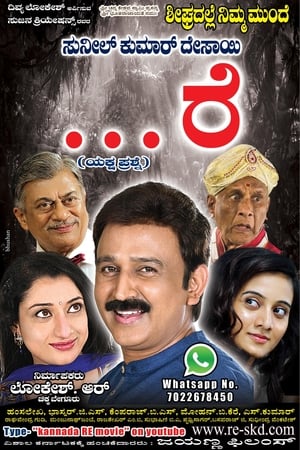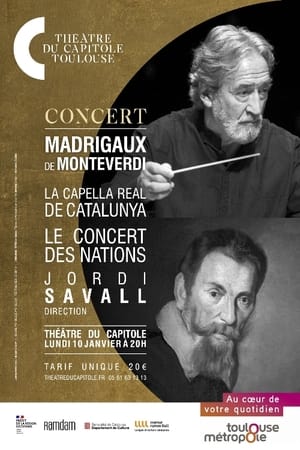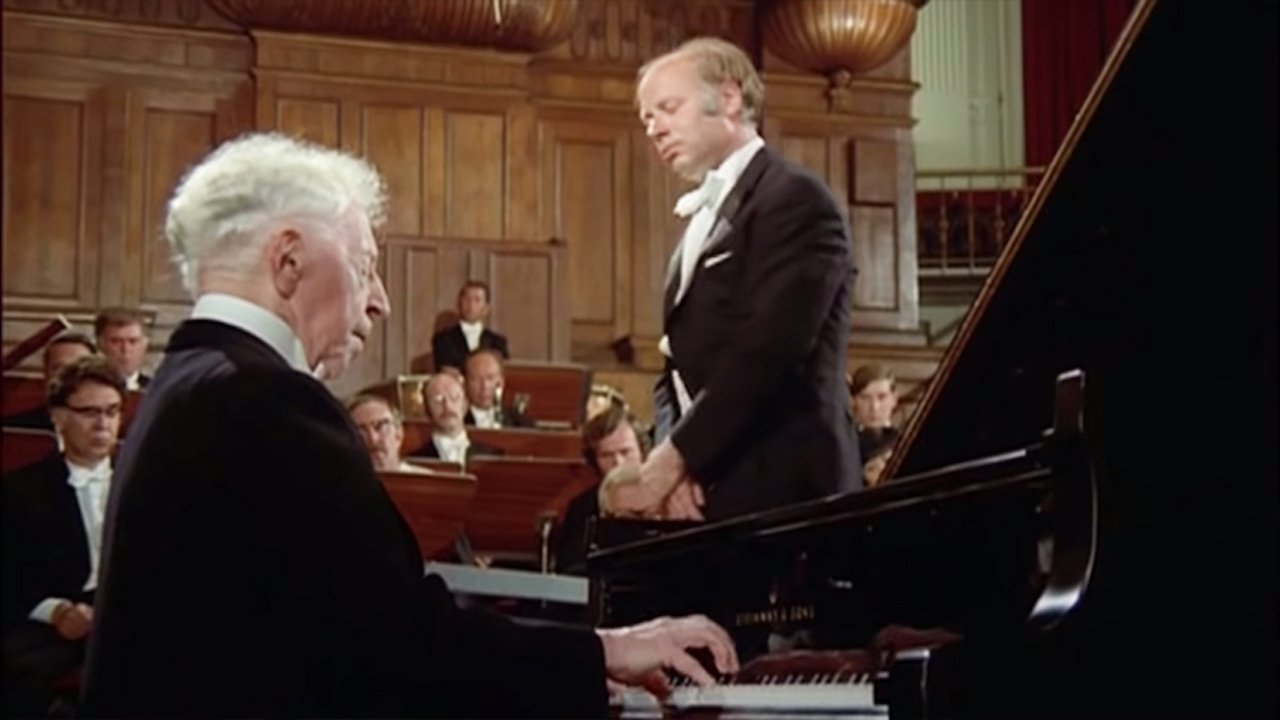

Rubinstein in Concert(1973)
Live 1973 concert performances by celebrated Polish-American virtuoso concert pianist Arthur Rubinstein, with the Concertgebouw Orchestra under conductor Bernard Haitink. Filmed in August 1973 at the Concertgebouw in Amsterdam, the performances include Beethoven's Third Piano Concerto, in C minor, op. 37; and Brahms's First Piano Concerto, in D minor, op. 15. These are followed by four short pieces for solo piano, by Schubert, Brahms, and Chopin. The 2008 DVD release by Deutsche Grammophon also includes a short documentary, "Rubinstein at 90", an interview with Robert MacNeil, filmed at Rubinstein's home in Paris in 1977.
Movie: Rubinstein in Concert
Top 2 Billed Cast
Self - Conductor

Rubinstein in Concert
HomePage
Overview
Live 1973 concert performances by celebrated Polish-American virtuoso concert pianist Arthur Rubinstein, with the Concertgebouw Orchestra under conductor Bernard Haitink. Filmed in August 1973 at the Concertgebouw in Amsterdam, the performances include Beethoven's Third Piano Concerto, in C minor, op. 37; and Brahms's First Piano Concerto, in D minor, op. 15. These are followed by four short pieces for solo piano, by Schubert, Brahms, and Chopin. The 2008 DVD release by Deutsche Grammophon also includes a short documentary, "Rubinstein at 90", an interview with Robert MacNeil, filmed at Rubinstein's home in Paris in 1977.
Release Date
1973-06-01
Average
7
Rating:
3.5 startsTagline
Genres
Languages:
EnglishKeywords
Recommendations Movies
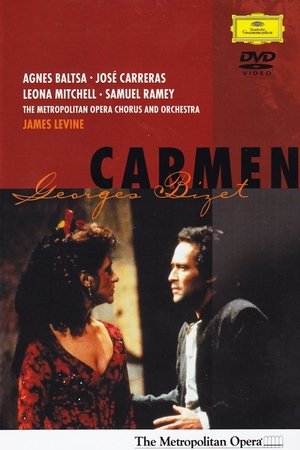 8.3
8.3Carmen(fr)
This all-star cast is framed by Peter Hall’s gritty, realistic production and conducted by James Levine, who brings out all the surging emotion and gripping drama in Bizet’s score. At the center of the story is Agnes Baltsa, whose smoky mezzo is tailor-made for the gypsy Carmen, an independent woman who glories in obeying only her own rules, but who is haunted by fate. Superstar tenor José Carreras is Don José, the solider from a small town who catches Carmen’s eye and is destroyed by his growing obsession with her. Samuel Ramey is the charismatic matador Escamillo, who lures Carmen away from Don José with tragic result. Leona Mitchell is Micaëla, the simple girl from Don José’s hometown who cannot save him. March 21, 1987 Matinee Broadcast.
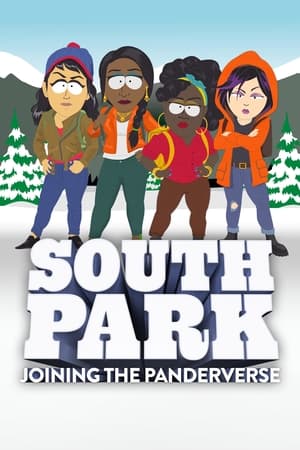 7.7
7.7South Park: Joining the Panderverse(en)
Cartman's deeply disturbing dreams portend the end of the life he knows and loves. Meanwhile, the adults in South Park are wrestling with their own life decisions, as the advent of AI is turning their world upside down.
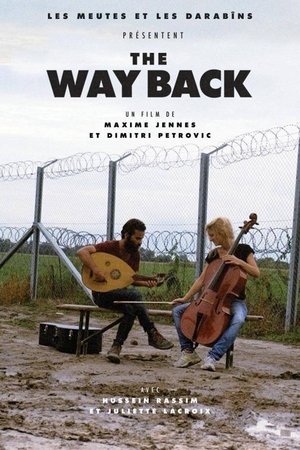 6.8
6.8The Way Back(fr)
Hüseyin Al Baldawi arrives in Brussels in August 2015. He has traveled thousands of kilometers until he got there from Iraq. A year after his arrival, he receives his residence permit and decides to go to Greece. This journey from Brussels to Athens involves the viewers on the difficulties faced by Hüseyin and thousands of other immigrants. While the story of Hüseyin is taking shape through the countries he travels, the forgotten people he meets and the selfish society of Europe give us many messages, as well.
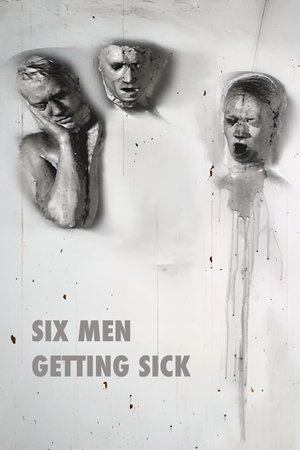 5.6
5.6Six Men Getting Sick(en)
Lynch's first film project consists of a loop of six people vomiting projected on to a special sculptured screen featuring twisted three-dimensional faces.
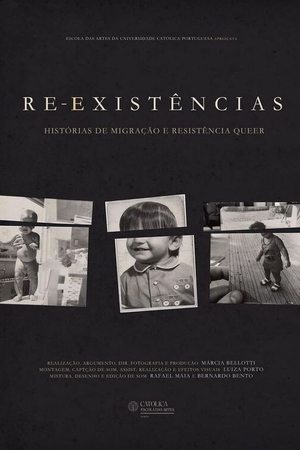 7.4
7.4Re-Existences(pt)
“Re-Existence” is a documentary about migration stories of individuals from the Brazilian queer community.
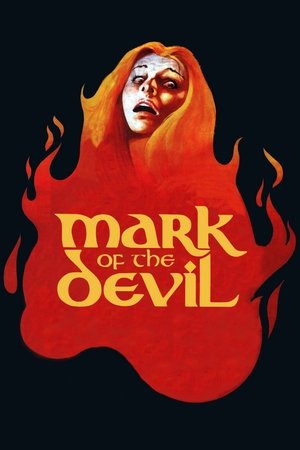 6.2
6.2Mark of the Devil(de)
In 1700s Austria, a witch-hunter's apprentice has doubts about the righteousness of witch-hunting when he witnesses the brutality, the injustice, the falsehood, the torture and the arbitrary killing that go with the job.
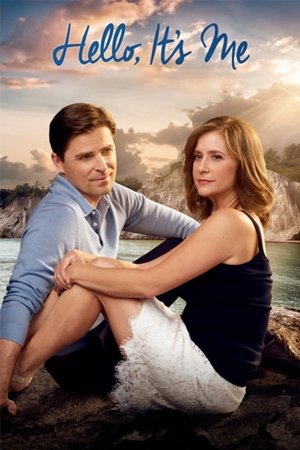 6.7
6.7Hello, It's Me(en)
Two years after her husband dies in a sudden accident, Annie and her two children are left to cope with the loss. Annie can't imagine falling in love again, until she meets a wealthy bachelor who is drawn to her free spirit. Afraid to love again, she longs for guidance when she starts to develop feelings for this new man. Her prayers are answered when she starts receiving communications from her late husband that encourage her to follow her heart.
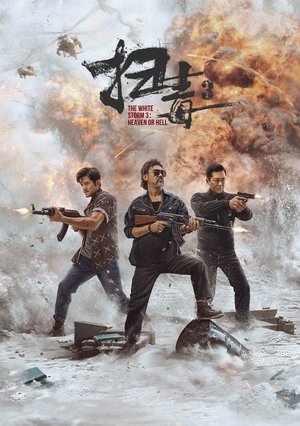 6.1
6.1The White Storm 3: Heaven or Hell(cn)
An undercover cop who invade a drug cartel led by a notorious Thai drug lord. In classic heroic bloodshed fashion, the two develop a bond of brotherhood.
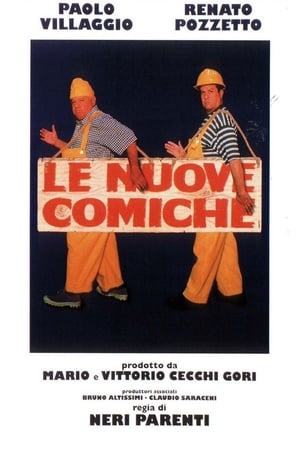 5.3
5.3The New Comics(it)
A few funny little novels about different aspects of life.
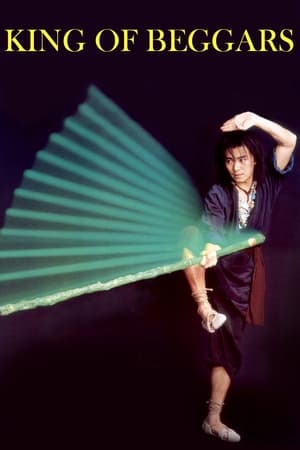 6.8
6.8King of Beggars(cn)
The heir to a noble and influential family finds the love of his life, but she will only accept him if he becomes a kung-fu master. He becomes a legendary folk hero who tries to save the emperor.
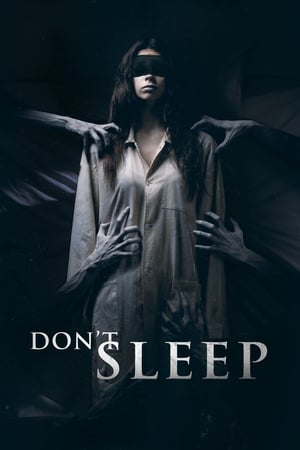 5.5
5.5Don't Sleep(en)
After moving into a cottage together, two young lovers confront horrors of a forgotten childhood.
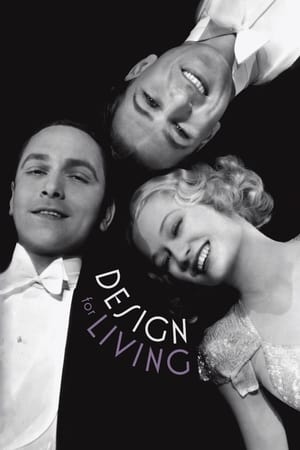 7.1
7.1Design for Living(en)
An independent woman can't choose between the two men she loves.
 6.5
6.5The Last Bus(en)
Widower Tom, on the recent passing of his wife Mary, uses his free bus pass to travel the length of Britain from John O'Groats in Caithness to Land's End in Cornwall, their shared birthplace, using only local buses. It's an incident-fuelled nostalgia trip and his encounters with local people make him a media phenomenon. Tom is totally unaware and to his surprise on arrival at Land’s End he’s greeted as a celebrity.
 7.2
7.2Live Spectacle NARUTO ~Song of the Akatsuki~(ja)
After parting with Sasuke at the Final Valley, Uzumaki Naruto has been away from the village of Konohagakure to further his training. Two and a half years later, he finally returns to the village and takes his mission in Team Kakashi, then he finds the clue on Orochimaru. Naruto leads the team and heads to the place where Orochimaru is in order to save his friend Sasuke. However, little does he know that "Akatsuki" is seeking after his life to acquire the Nine-Tailed sealed in his body.
 6.4
6.4Small Town Christmas(en)
Author Nell Phillips’ first book has become a surprise best-seller of the Christmas season. Nell’s last stop on a nationwide book tour takes her to the town of Springdale, the hometown of Emmett Turner, a young man she met over five years ago while both were junior copy editors at a New York publishing company. Nell was hurt when Emmett stood her up for a dinner date and then disappeared from New York without any explanation. As Nell is quick to admit, Emmett’s colorful, nostalgic anecdotes about Springdale inspired her to write this book that is shaping her life and especially this holiday season.
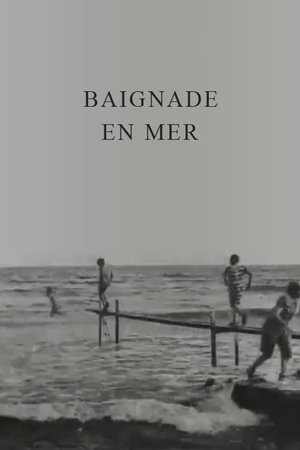 5.5
5.5Swimming in the Sea(fr)
Several little boys run along a pier, then jump into the ocean.
 6.9
6.9Knuckle Girl(ja)
Following the story of Ran, who confronts a mysterious organization by participating in a no-rules deathmatch after discovering her missing younger sister Yuzuki is involved in a crime. With danger at every corner, Ran must trade in her boxing gloves for brass knuckles. Will she save her sister?
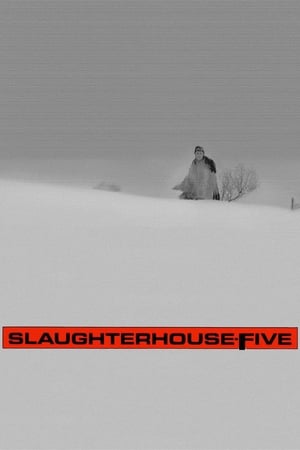 6.5
6.5Slaughterhouse-Five(en)
Billy Pilgrim, a veteran of the Second World War, finds himself mysteriously detached from time, so that he is able to travel, without being able to help it, from the days of his childhood to those of his peculiar life on a distant planet called Tralfamadore, passing through his bitter experience as a prisoner of war in the German city of Dresden, over which looms the inevitable shadow of an unspeakable tragedy.
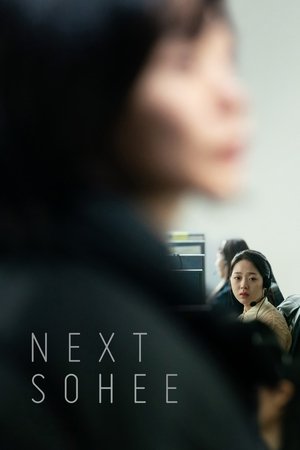 7.4
7.4Next Sohee(ko)
A female detective investigates the cause of a high school girl’s death and uncovers a disturbing truth. Coming to Cinemas on June 12, 2025 in the US & Canada.
Similar Movies
 0.0
0.0London Symphony Orchestra: The Young Debussy(en)
The evocative music of Claude Debussy has been described as the foundation of modern music. But how did the composer come to develop his unique style? On this video, maestro Francois-Xavier Roth and the London Symphony Orchestra present the UK premiere of a previously lost work by the young Debussy, alongside some of his earliest inspirations. Debussy's newly discovered Premiére Suite gives a rare insight into the mind of a young composer on the cusp of innovation. It's a work filled with Romantic and Eastern influences and glimpses of the unexpected harmonies that came to define Debussy's work. Paired alongside the composer's role models - from Wagner's powerful intertwining motifs, the abundant Spanish influences in Lalo's rarely-heard Cello Concerto performed here by Edgar Moreau, and Massenet's majestic Le Cid - Francois-Xavier Roth gives a fresh perspective on the much-loved composer.
 10.0
10.0Summer Night Concert: 2014 - Vienna Philharmonic(en)
The renowned orchestra presents the world's biggest annual classical open air concert live from their hometown Vienna, Austria on Thursday, May 29th, 2014. The Summer Night Concert with the Vienna Philharmonic is an annual open-air event that takes place in the magical setting of the Schönbrunn Palace Park in Vienna with the palace as a magnificent backdrop. Everyone is invited to come to this unique occasion with free admission. Each year up to 100,000 people can take up the invitation, or enjoy on radio and TV in over 60 countries.
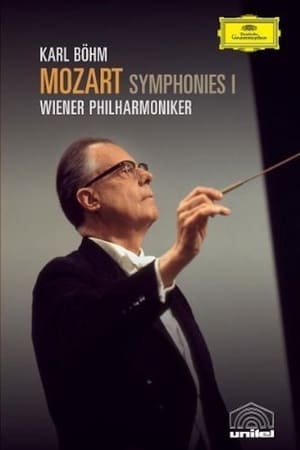 7.0
7.0Mozart Symphonies Vol. I - Nos. 29,34,35,40,41 and Minuet K.409(en)
There are only a couple of DVD recordings of Mozart's Symphony No. 40. Fortunately, this one by Karl Bohm, recorded live in Vienna's Musikvereinssaal, is excellent, as are the other Mozart symphonies on this DVD. Since this disc offers three of the big six last symphonies of Mozart, Nos. 35 (Haffner), 40, and 41 (Jupiter), plus two more, it is an outstanding value. Despite the age of the recordings (1973-74), both the sound and the video are quite good.
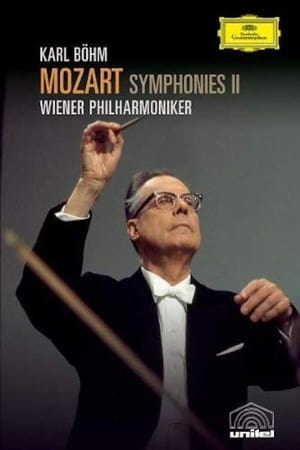 8.2
8.2Mozart Symphonies Vol. II - Nos. 1,25,31,36,38 and "Eine Kleine Nachtmusik"(en)
In the 1960s Karl Böhm (1894–1981) had made his mark as interpreter of Mozart with the the Berlin Philharmonic. Yet his recordings with the Vienna Symphony demonstrate a mutual sympathy and deep love for this timeless music. The musicians are razor-sharp in attack, harmony, and release. Böhm's style is minimalist: a firm downbeat, a ruffled hand here and there, a slight sway, no mugging. Occasionally, when quite excited, he gives a little hop but immediately pulls himself on a tight leash.
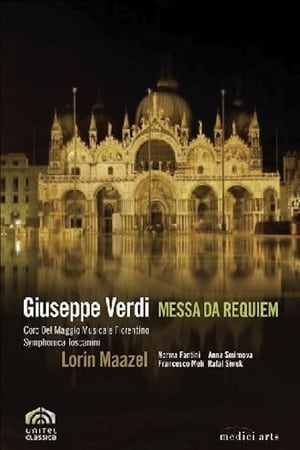 0.0
0.0Verdi Requiem(en)
The production itself is quite beautiful: recorded in the Basilica di San Marco in Venice in November 2007, it highlights the cathedral's splendor, the reverent audience, the soloists, orchestra and chorus with near-perfect cinematography. The soundtrack is also acceptable, which may have been quite a task to achieve, given the Basilica's over-reverberant acoustics. Alas, the performance itself does not rise to the occasion. Despite the occasional minor insecurity in ensemble and a visible lack of joy, the Symphonica Toscanini musicians play well, the Coro del Maggio Musicale Fiorentino members sing equally well, and the soloists are more than adequate, almost tangibly trying to excel.
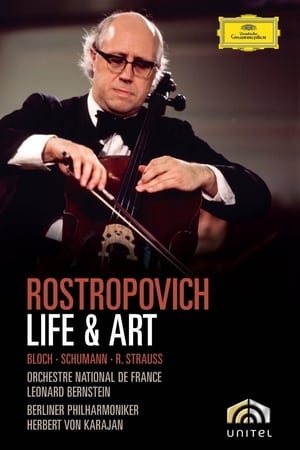 7.0
7.0Rostropovich Life & Art(en)
Released as a memorial for the great Russian cellist Mstislav Rostropovich, who passed away on 27 April 2007, this DVD contains one bonafide cello concerto, the Schumann Cello Concerto in A minor, and two tone poems with prominent cello parts, Ernest Bloch's Schelomo and Richard Strauss' Don Quixote. Rostropovich mastered the Schumann in several famous recordings. Here, conducted by Leonard Bernstein, he provides a splendid performance. Featuring his trademark powerful technique, smooth legato and crisp vibrato, the Romantic roots of the concerto are never hidden for long, despite the relatively cool playing of the Orchestre National de France.
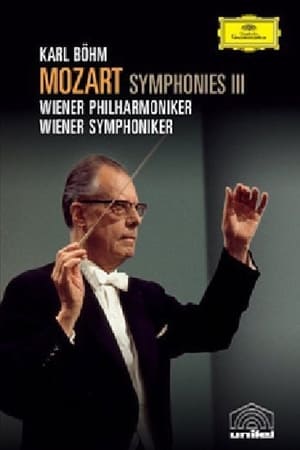 0.0
0.0Mozart Symphonies Vol. III - Nos. 28, 33, 39, "Serenata Notturna" and Karl Böhm documentary(en)
Almost any recording of a Mozart symphony by Austrian conductor Karl Bohm (1894-1981) is a sure thing: excellent sound, and sensible, solid, non-sentimental interpretation. This DVD has 3 Mozart Symphonies, all conducted by Bohm: Nos. 33 and 39 with the Vienna Symphony, recorded in Studio-Wien in 1969, and a live 1970 performance of Symphony 28 with the Vienna Philharmonic, filmed in the Musikvereinsalle in Vienna. All 3 symphonies have excellent film quality and sound, although some viewers may prefer Symphony 28, as the presence of a live audience really brings out the best in the Vienna Philharmonic.
 0.0
0.0Beethoven Piano Concertos 1-5(en)
These recordings, filmed in March and April 1974 for the BBC, occurred at the tail end of the old performance era and the very start of the new. Vladimir Ashkenazy was a graduate of the same Soviet school of piano playing that produced Sviatoslav Richter, Emil Gilels, Lazar Berman and a host of others of that era. There are simularities that unite them, including a broad romanticism, a degree of Lisztian showmanship coupled with periods of introspection, powerful technique that occasionally borders on pounding and an intellectual streak that produces some deeply insightful playing. Ashkenazy was younger than the others, more modern in his playing.
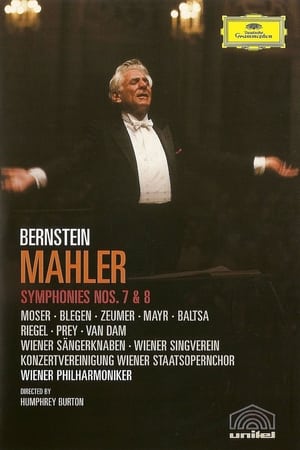 0.0
0.0Mahler - Symphonies Nos. 7 & 8(en)
Leonard Bernstein made these recordings during his wonderfully productive collaboration with the Wiener Philharmoniker in the mid-1970s when he was at the peak of his career. Humphrey Burton's direction is, as always, very fine, giving the viewer/listener both the larger picture and highlighting individual soloists, players or groups of musicians and, of course, the maestro. The video and audio tracks show their age, but are quite acceptable even for today's standards. Bernstein's Seventh is everything one could desire: dark and spooky, highly sensual, but also structurally strong and assertive where needed. Bernstein's reading does not gloss over breakdowns in tonality and the foreshadowing of later musical developments.
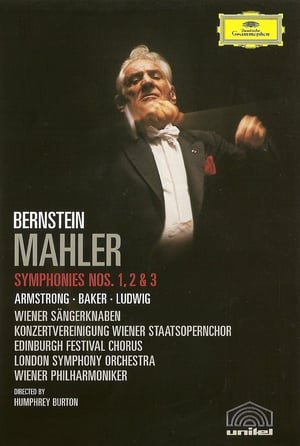 10.0
10.0Mahler - Symphonies Nos. 1, 2 & 3(en)
Beginning with the First Symphony, Bernstein reveals Mahler's position at the hinge of modernism, while emphasizing his emotional extremism. The uplifting Second "Resurrection" Symphony, with which Bernstein had an especially long and close association, is recorded here in a historic performance from 1973, set in the Romanesque splendor of Ely Cathedral. In the Third, Bernstein encompasses the symphony's spiritual panorama like no other conductor, with the Vienna Philharmonic players alive to every nuance.
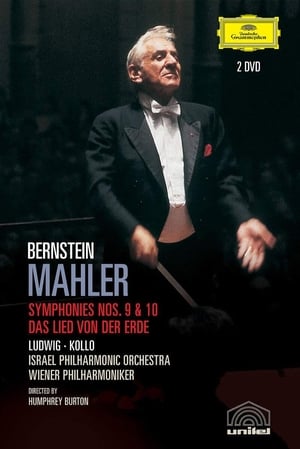 10.0
10.0Mahler - Symphonies Nos. 9 & 10 / Das Lied von der Erde(en)
Filmed on tour at Berlin's Philharmonie, this account of the valedictory Ninth Symphony is an intense interpretation, expressing Bernstein's conviction that modern man had at last caught up with the message encoded in Mahler's last completed work. Having made his famous 1966 studio recording of "Das Lied von der Erde" in Vienna, Bernstein re-recorded this in Israel with the same searing subjectivity. René Kollo draws on the voice of a great Wagner tenor, while Christa Ludwig, the greatest exponent of the contralto songs at the time, is unbearably poignant in the final movement's fusion of elation and sadness.
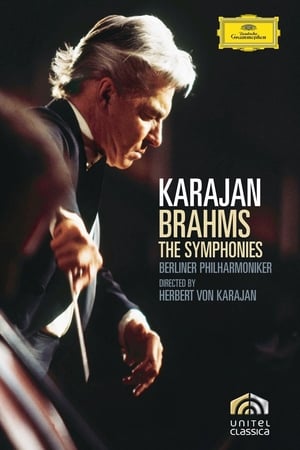 9.0
9.0Brahms: The Symphonies(en)
Karajan conducts these symphonies with eyes closed, often intently enraptured by the music, smiling occasionally when a passage or solo sounds just right to his ear. He conducts Brahms with a greater sense of urgency than does Bernstein: the First symphony is 11 minutes shorter as conducted by Karajan! Nothing is rushed but there is what can only be described as emotional compression, an intensity of expression that sounds quicker than Bernstein's performances.
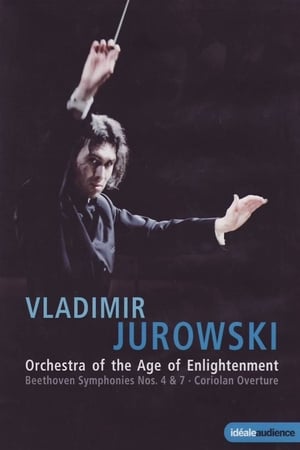 0.0
0.0Beethoven Symphonies Nos. 4 & 7; Coriolan Overture(en)
From the very first bars of the Coriolan Overture, it is apparent that this is Beethoven at his very best. Vladimir Jurowski and his absolutely brilliant Orchestra of the Age of Enlightenment give us a new reading of old favorites that may well blow you out of your chair. There is plenty to discover: sounds and textures never heard before, an orchestral timbre as the composer himself may have envisaged and heard, incredible strength and cohesion and, on the other hand, sensitive nuances that often disappear under a blanket of massed strings in more traditional interpretations.
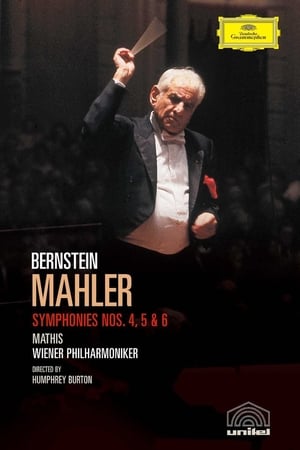 10.0
10.0Mahler - Symphonies Nos. 4, 5 & 6(en)
For Mahlerites, his symphonies are much more than musical performances--they can be an emotional or spiritual journey through the struggles, fears, and triumphs of life. This Sixth Symphony is a 1976 performance in the Vienna Musikvereinssaal with PCM stereo and DTS 5.1. The 2 dvd set also includes the 4th and 5th symphonies, which are performed as magnificently as the Sixth.
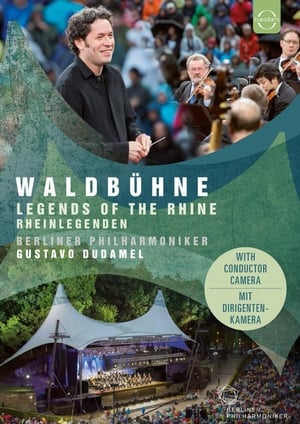 8.0
8.0Waldbühne 2017 | Legends of the Rhine(de)
For their annual season end concert, the Berliner Philharmoniker take the audience on a dreamy, magically journey through the river Rhine with Schumann’s beloved 3rd Symphony Rhenish. Pieces from Wagner’s Der Ring des Nibelungen under the baton of dynamic conductor Gustavo Dudamel complete this evening.
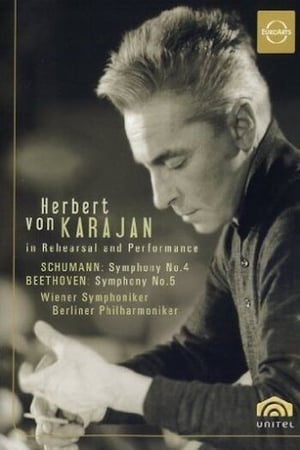 0.0
0.0Karajan in Rehearsal(en)
Karajan conducts rehearsal and performance of Schubert's Symphony No. 4 with the Vienna Symphony in Vienna, Nov. 1965, and Beethoven's Symphony No. 5 with the Berlin Philharmonic, January 1966. Henri-Georges Clouzot directs.
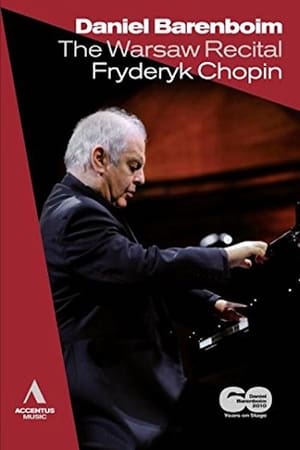 0.0
0.0Barenboim The Warsaw Recital(en)
Chopin Year 2010 coincides with the 60th anniversary of Daniel Barenboims stage début, and as a pianist he has decided to devote this year to the great Romantic master of the keyboard. Fryderyc Chopin was born on 1 March 1810 in a small village near Warsaw, and on the eve of the 200th anniversary of this date Barenboim gave this wildly acclaimed Warsaw recital as part of an extensive European tour. Recorded live at the National Philharmonic Hall, Warsaw, the programme presents some of the composers best-known works, including the great B flat minor Sonata with its famous Funeral March, which sounded to many as the composer may well have imagined it. Ive been playing Chopin ever since I was a little boy. On the advice of my father, who was also my teacher, I performed some of his pieces in my very first concert, when I was just seven. At that point I was playing the Etudes and the Nocturnes obviously I didnt try and tackle the larger scale Sonatas or the Fantasy until later.
